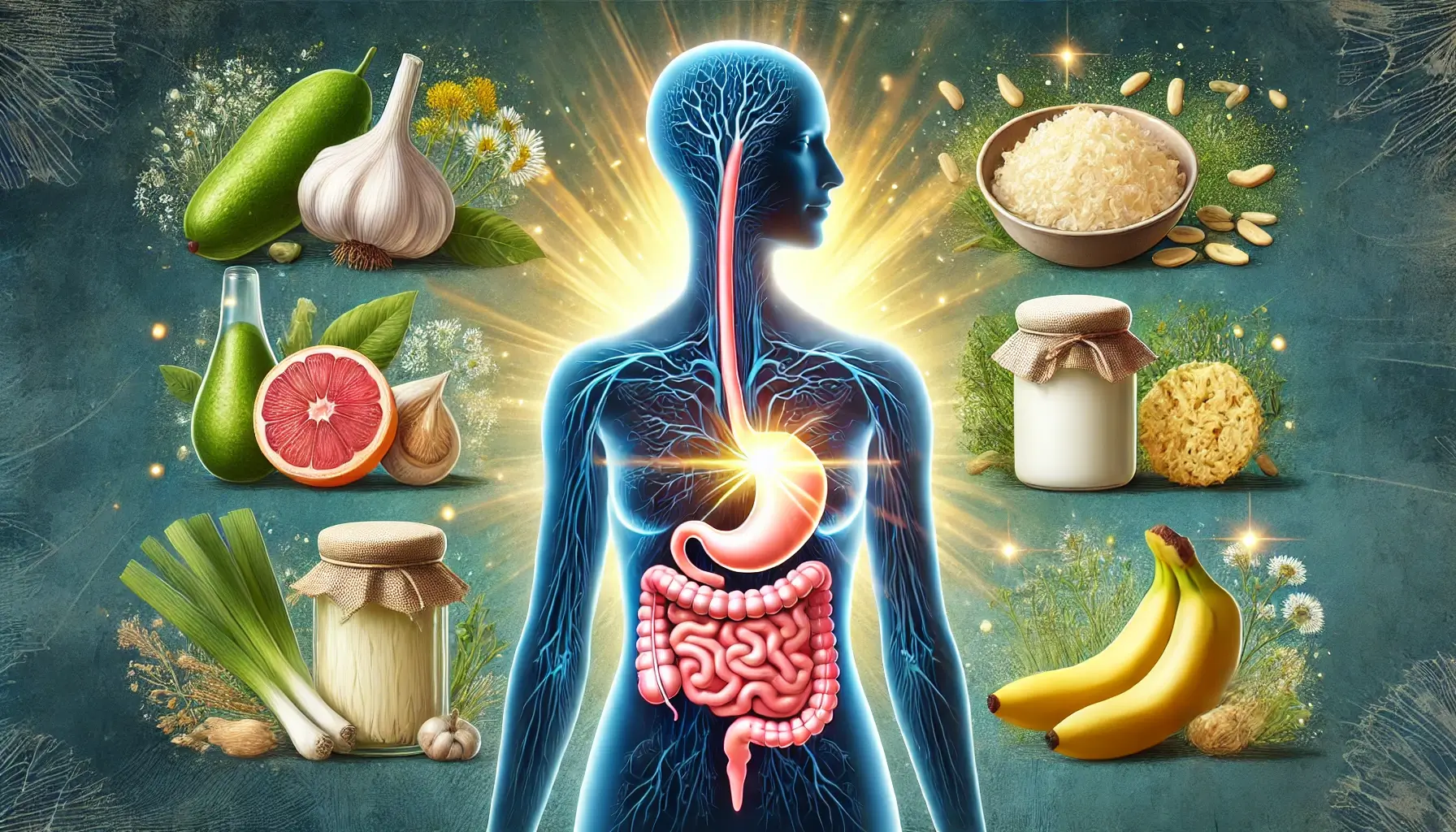Medicines for Crohn’s Disease and Bowel Cancer
There is no single cure for Crohn’s disease, but medications can help you control your symptoms and avoid problems. Antidiarrheal medications and fluid replacements can help relieve diarrhea and stomach pain. Your doctor may also prescribe anti-inflammatory medication. Some people require antibiotics if an infection causes their symptoms. Dietary therapy may alleviate symptoms and keep them under control. Avoiding foods that cause your symptoms can help. Before making significant dietary changes, see your GP or IBD team.
A blood test can determine the level of inflammation in your body. Higher inflammation levels may indicate that your Crohn’s disease is worsening.
Some people require a tube (stoma) linked to the end of their small bowel (an ileostomy). Depending on whether your gut works appropriately, this could be permanent or temporary. It could be a fantastic alternative if you’re having stool issues or acquiring infections. Following an ileostomy, you must frequently see your doctor or the IBD team.
The most common procedure for bowel cancer is to remove the colon and nearby lymph nodes.
The most common procedure for bowel cancer is to remove the colon and nearby lymph nodes. The surgeon may perform this utilizing a keyhole or open surgery. Other surgeries involve removing the entire stomach (gastrectomy). Chemotherapy and radiation may potentially be used in conjunction with surgery.
A tiny number of persons with colon cancer develop ulcers in their stomach or intestine. Ulcers can be painful. They could be in the front of your stomach, your mouth or neck, your colon, the anus, or your genital area (perineum).
Some of these sores may not disappear, but medications might help relieve discomfort and swelling. Anti-inflammatory drugs and other medications can help stop the bleeding from these ulcers. Your doctor may also prescribe immunosuppressive medications. These can help your gut heal but also increase your risk of infection. Common examples include azathioprine, mercaptopurine, and methotrexate.
Some colon malignancies are too big to be eliminated through surgery.
If a biopsy reveals you have bowel cancer, your doctor may prescribe medication to eliminate any leftover cancer cells. This could be administered by a tube (tube) down your neck, into your stomach, and then to the site of your tumor using specialized cutting equipment. This is known as endoscopic mucosal resection.
If the tumor is in the stomach lining or another neighboring organ, you may be treated with hyperthermic intraperitoneal chemotherapy or HIPEC. It may also be employed if you are not healthy enough to undergo surgery.
Some colon malignancies are too big to be eliminated through surgery. These can be managed with chemotherapy and radiation therapy. They may potentially be treated with further experimental medicines. It is unclear whether these treatments are superior to surgery for bowel cancer, although they may be utilized for patients with advanced colon cancer.













